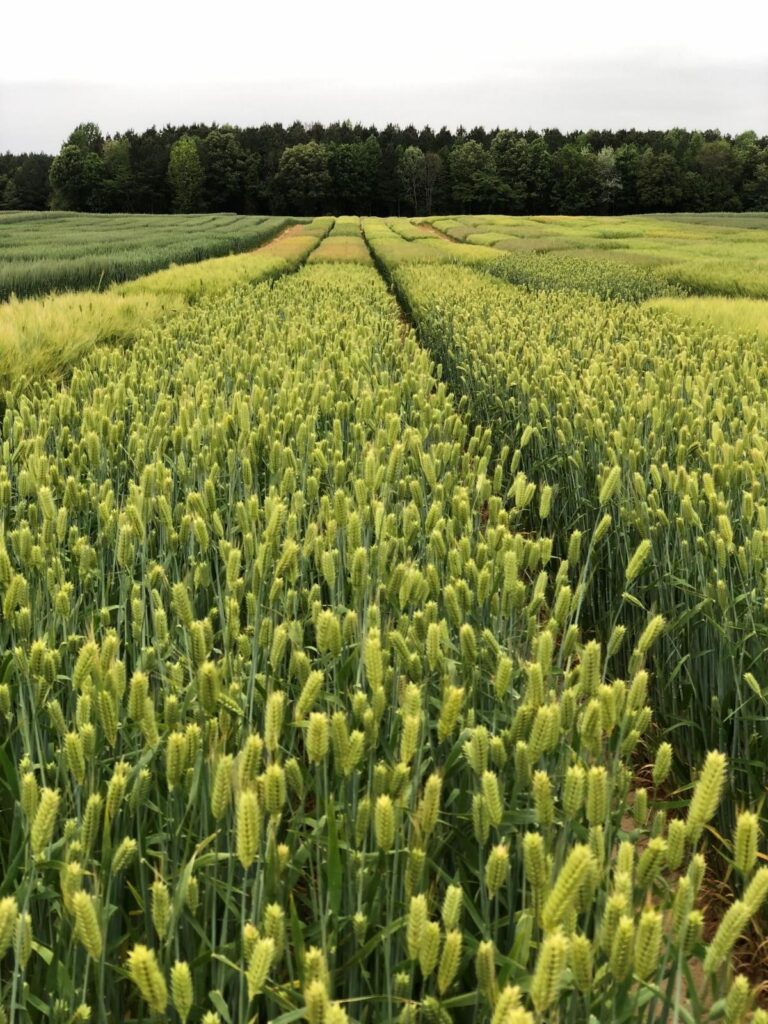
VBC members subscribe to a Code of Good Practice, which encourages them to go beyond the regulations. The Code encourages members to establish their own performance objectives that support the following goals:
- Protecting the environment
- Minimizing adverse social impacts
- Promoting education and awareness
To that end, VBC has identified research on PFAS as a priority, to be able to conduct studies and provide answers in a world where technologies are ever changing and regulations follow research.
The Virginia Biosolids Council’s research project at the Eastern Virginia AREC is being considered for a national research project conducted by the University of Arizona studying biosolids application and PFAS. Dr. Ian Pepper, Director of The Water & Energy Sustainable Technology (WEST) Center at the University of Arizona, is spearheading a collaborative national study on the fate and transport of PFAS following long-term land application of biosolids. The project scales up Dr. Pepper’s local research on behalf of Pima County, Arizona. This study is titled “Evaluation of Fate and Transport of PFAS Following Long-Term Land Application of Biosolids: A Collaborative National Study.”
The researchers first aim is to evaluate the incidence and mobility of PFAS in soil following long-term land application of Class B and/or Class A biosolids. The national study will focus on numerous sites across the country with good records on land application of biosolids to evaluate whether or not land application of biosolids is a significant public health route of exposure. This is where the VBC research plot at the Eastern Virginia AREC in Warsaw may be a good fit.
Next, is the evaluation of the potential for crop uptake of PFAS following land application. In addition to evaluating crop uptake, soil samples will be taken and studied for the duration in the VBC study, allowing for further study of soil health.
VBC has worked with Dr. Pepper and his staff on the procedures for conducting the research and will be coordinating with Eastern Virginia AREC Director Dr. Joseph Oakes. Dr. Oakes will manage the research plot, including preparation of the site, planting of cover crops, and the land application of an Exceptional Quality biosolids product produced by one of the Council’s members this spring.
VBC has been looking for a site in Virginia to participate in Dr. Pepper’s study. The VBC Research Committee has continued this research to give applicators and farmers the necessary information, especially regarding biosolids application compared to traditional fertilizer application. The project will be on a half-acre plot and utilize the planting of soybeans. The biosolids are scheduled to be applied in early May.